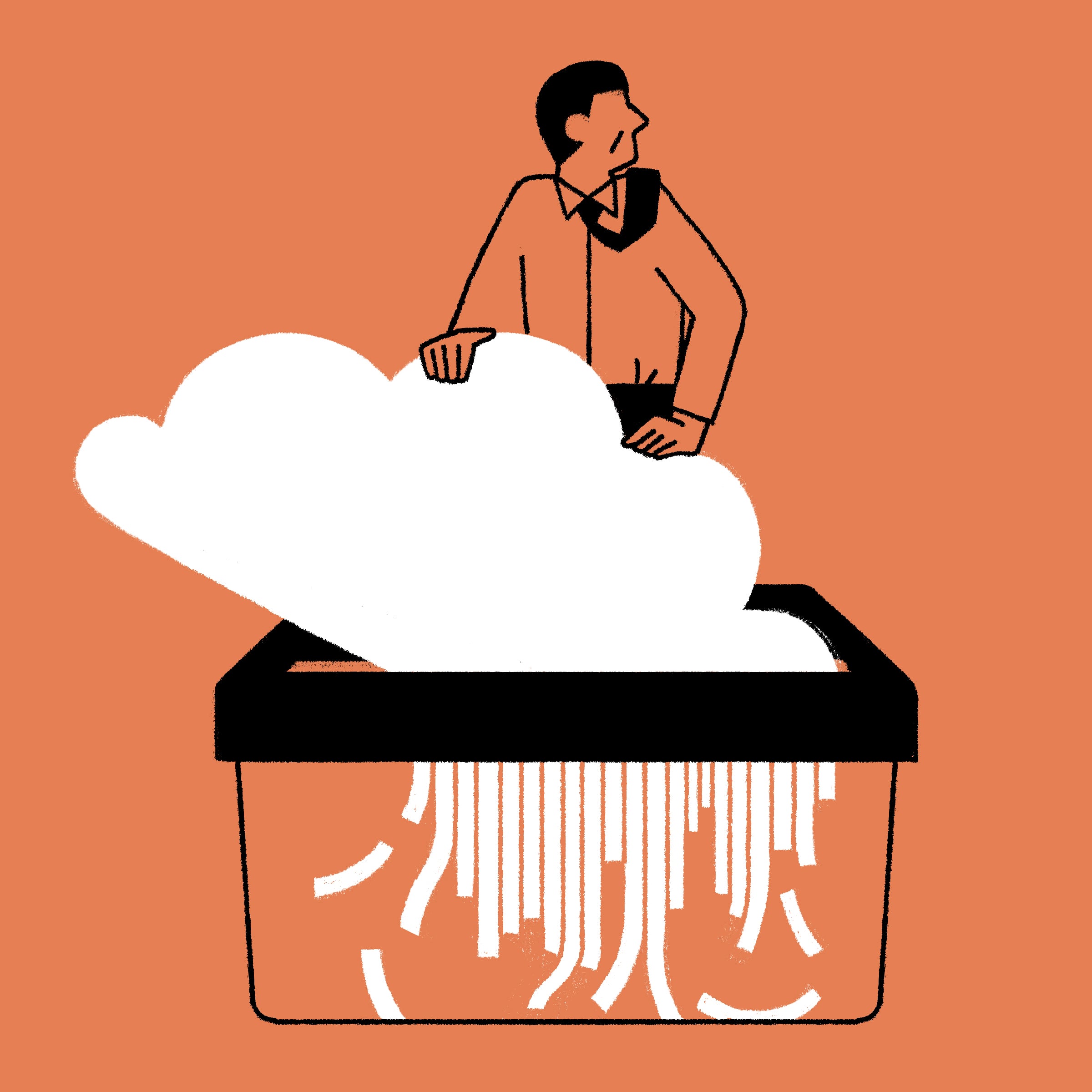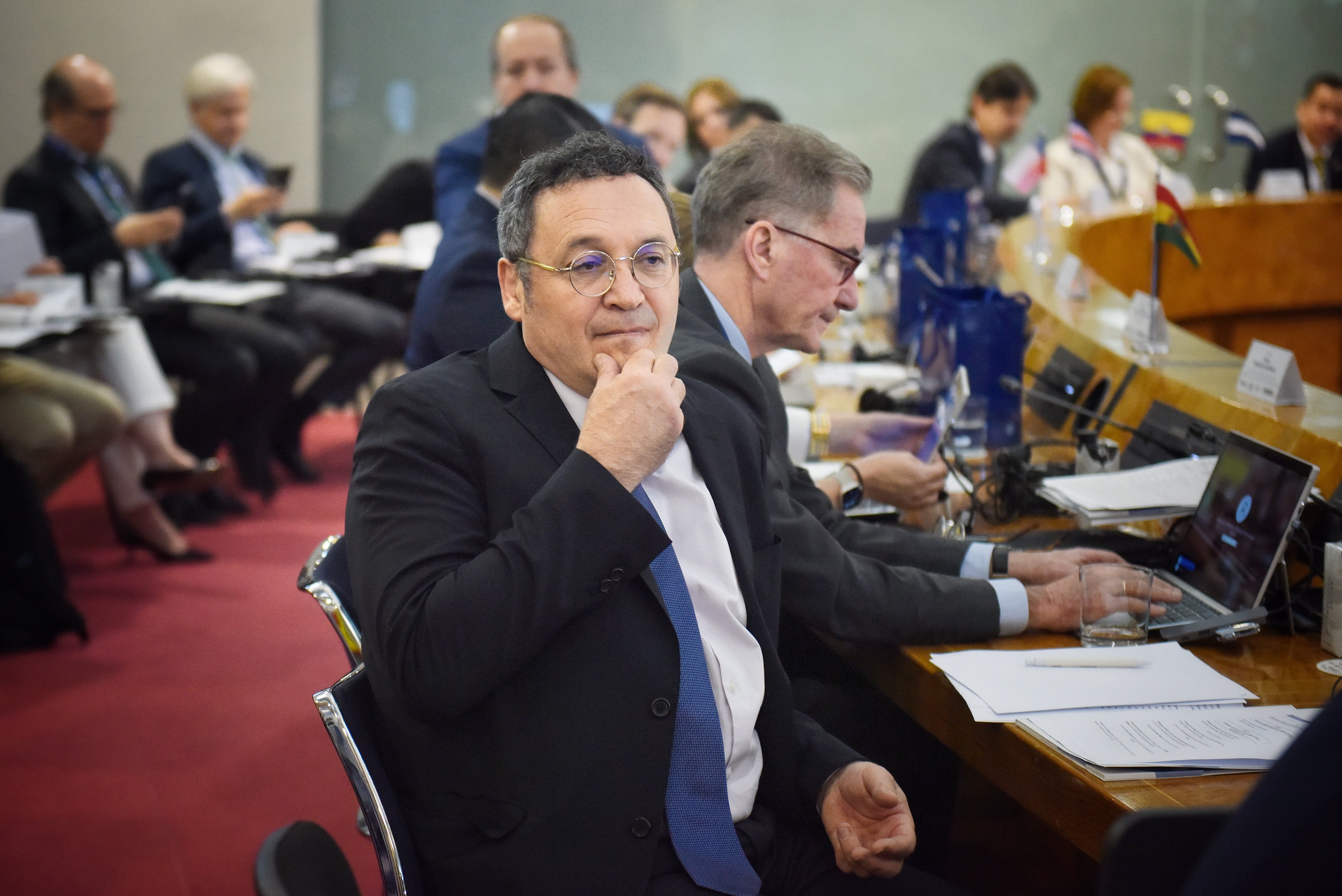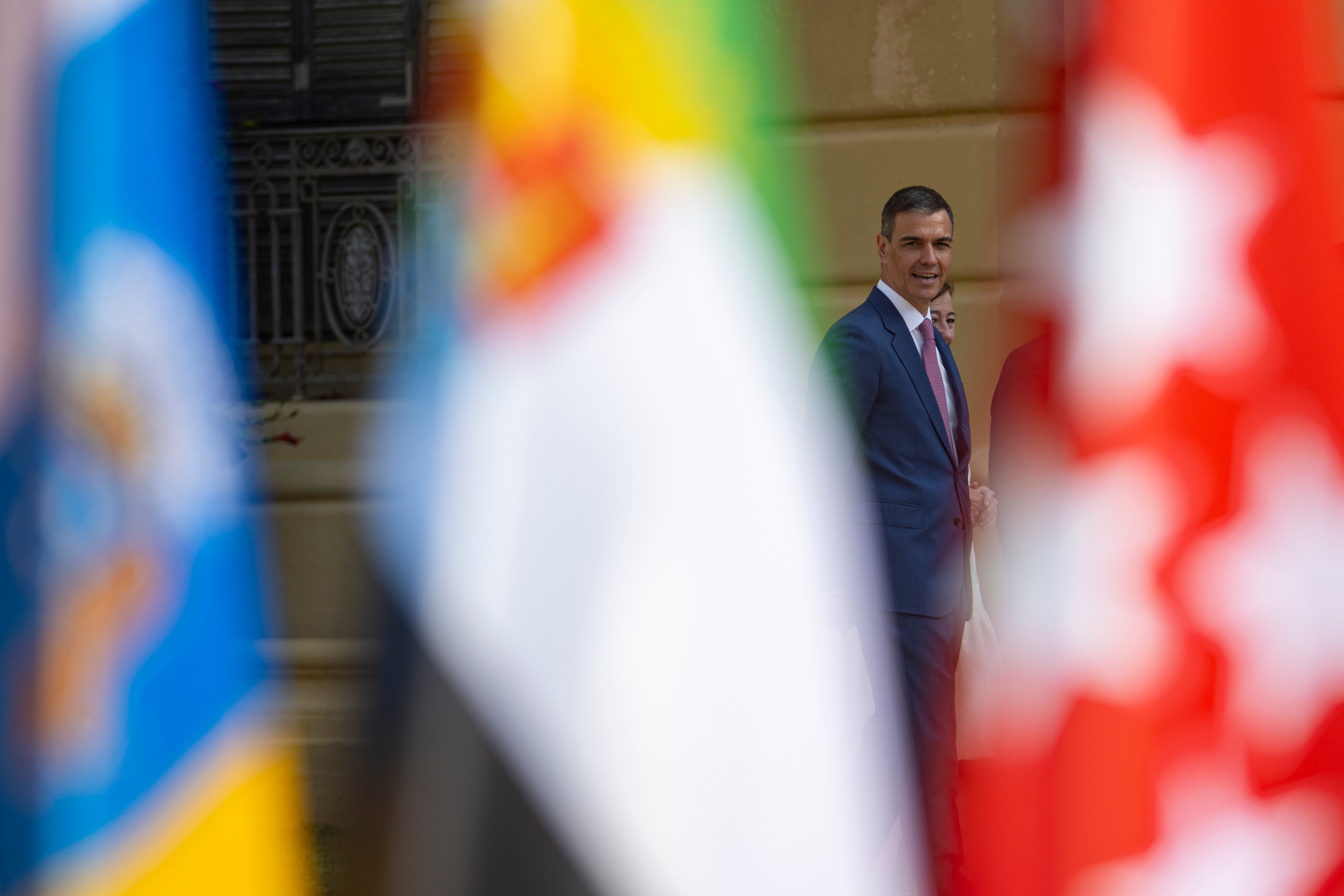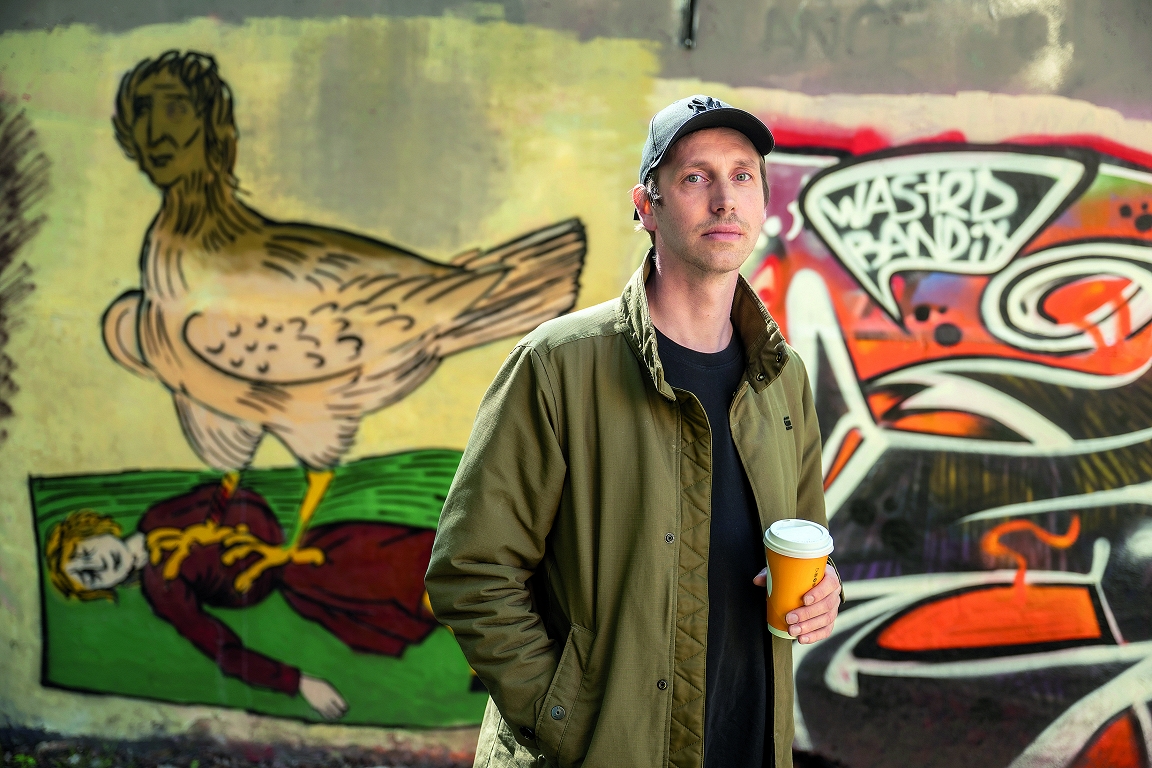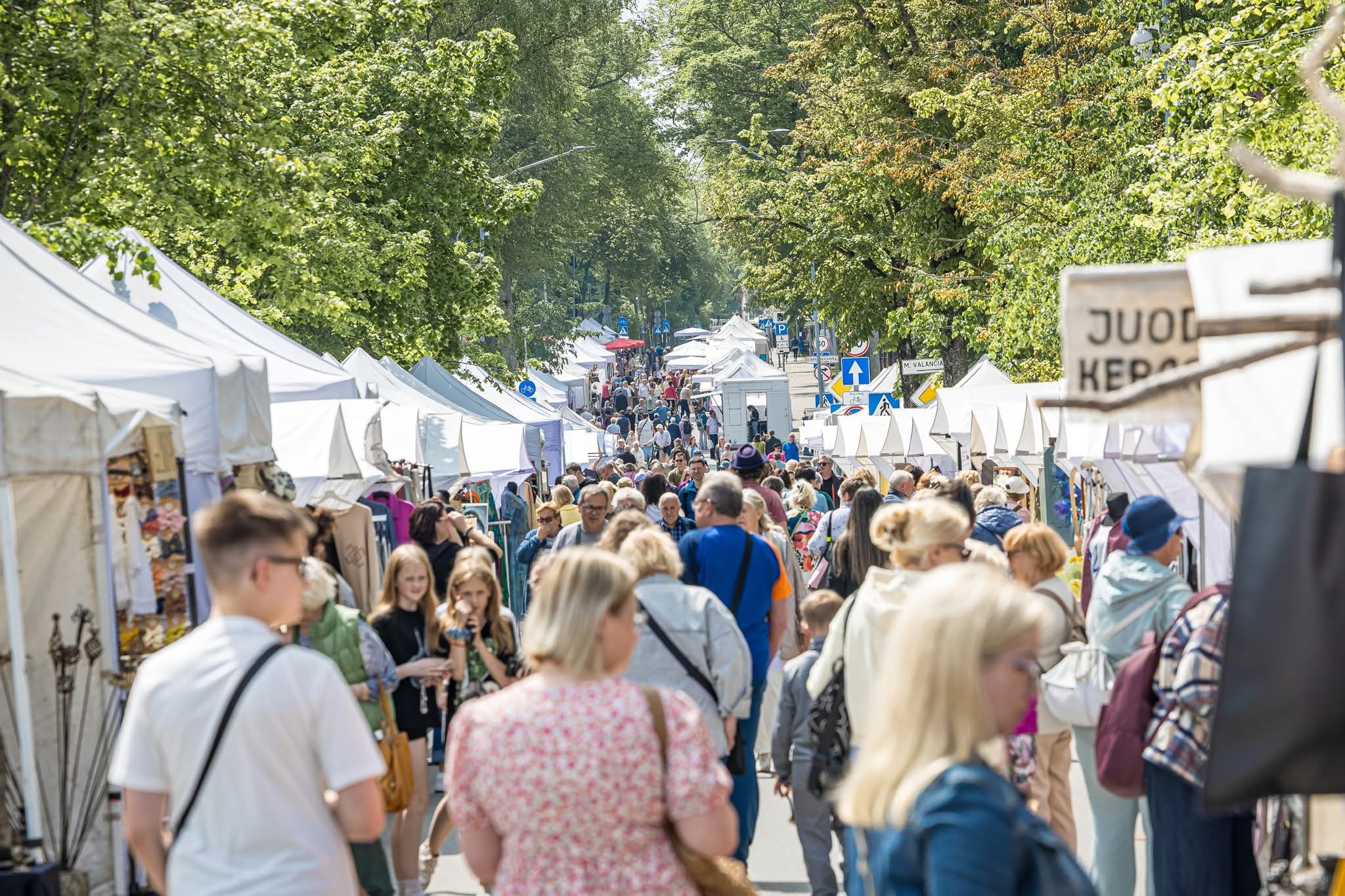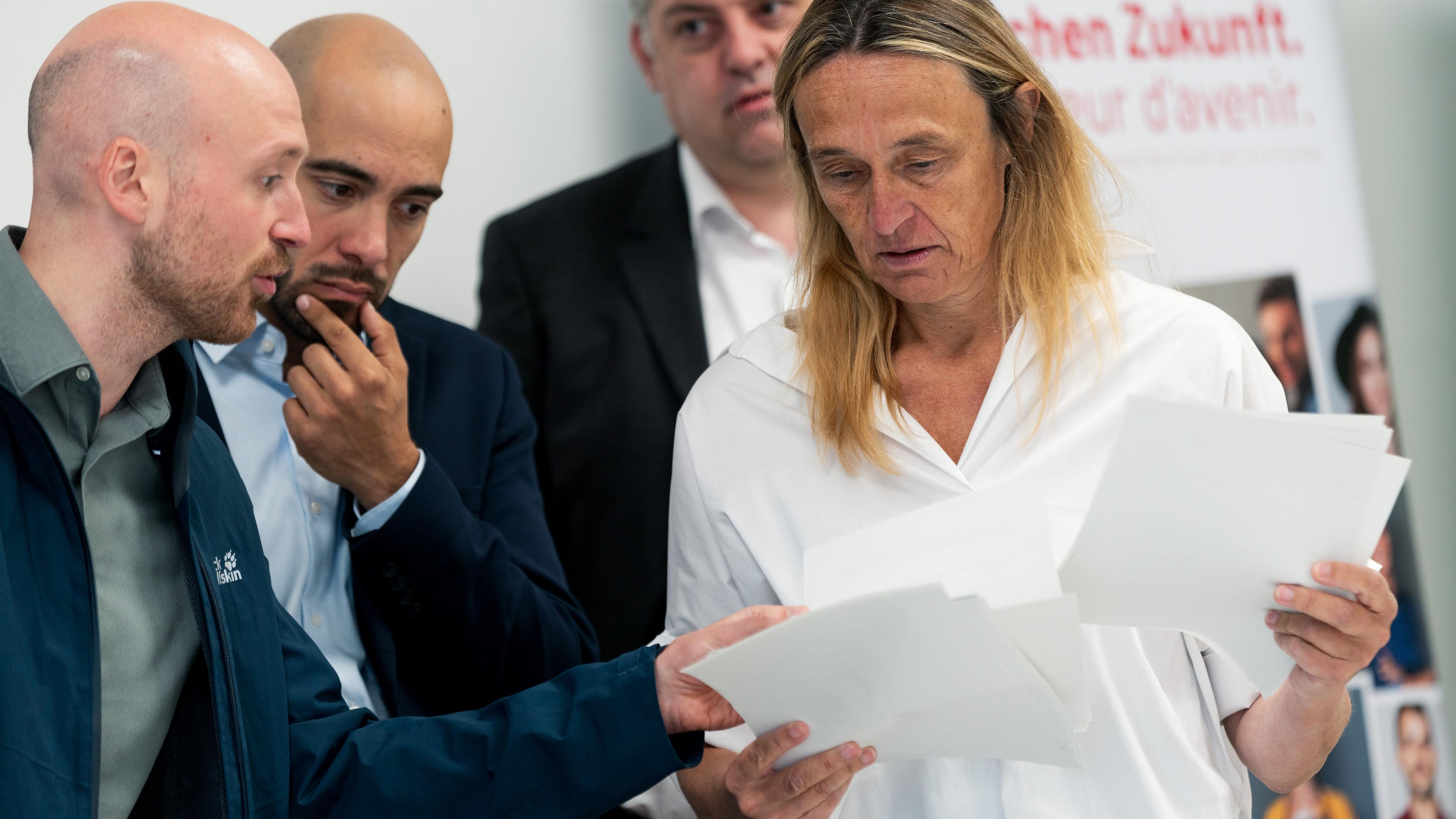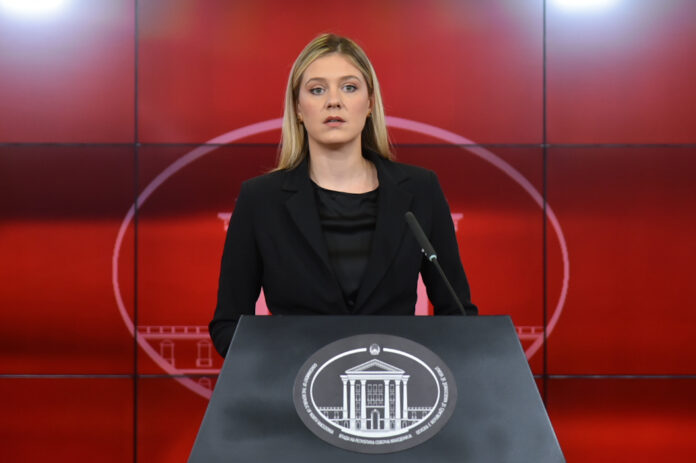The Niaki Sacko trip: the boy who survived a Cayuco and wants to be a florist | Spain
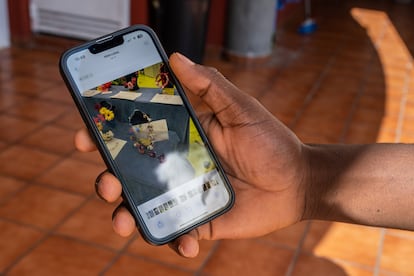
It is called Niaki Sacko and likes flowers, although in his town of Mali he had not seen a rose or an orchid in his life. Now, with 17 years, it composes branches with tropical and wild specimens, and they call him for young talents. Only a few days ago I participated in a contest in Gran Canaria. He was the only African. Among other creations, he presented a necklace to the jury. While the rest used carnations and roses, he mixed wires, orchids, feathery asparagus and the tiny colorful flowers of the Kalachoe. He did not win, and the world fell a little. The penalty did not feel it so much for him and by Julia, her agrojardinería professor, who admires how a young man who at night has nightmares with corpses that sink into the sea, shows that talent in her search for beauty. Winning that award was the way to thank him for having bet so much for him.
Sacko is one of the 5,785 minors who are overcrowded in the Canary Islands. But, probably, it will not be one of those who will leave to other communities. After unlocking the agreement to distribute migrant minors for the rest of Spain, the Government of the Islands now has to prepare the list of 4,000 children and adolescents that will allocate to other regions. The newly arrived boys will be prioritized, with less roots, the most overcrowded, those who want to leave. Sacko, for now, is taking roots little by little in the Canary Islands, with all that young people like him have against these days.
He was born in Touralla, a desert town in the northwest of Mali, very close to the border with Mauritania, where, in addition to sand, there are a few lands where adults and children grow corn. Sacko got tired of his life there and crossed the border to get to Nuadibú and get on a Cayuco already in 2022. He was only 14 years old. The Mauritan Police captured him and, as it is already a habitual practice, he locked him in a jail for immigrants, uploaded it to a bus and left it hundreds of kilometers, in Gogui, border post between Mauritania and Malian inhospitable place in which terrorist groups act.
Without giving it too much importance, the boy became One more of the banished in the desertthose immigrants and refugees to which countries such as Mauritania, Morocco or Tunisia expel the confines of their borders with the European collusion and money. But Sacko did not abandon the idea, almost obsessive, to leave. « I wanted to live calm, » he says in Tenerife’s house where he is welcomed with 30 other children and adolescents. He tried again the following year. He went again to Mauritania, gathered money washing dishes 10 hours a day, and one night of December he memorized his father’s mobile number and climbed into a barcaza painted white and blue.
His trip did not go well. Two engines, 20 gasoline and bad sea drums. The fuel ended on the eighth day and the Cayuco spent another week to the mercy of the waves. « We could not call anyone, we had no coverage, » he recalls. Aimless or propulsion, the boat It could have been dragged to the Caribbean and appear with all its dead occupantsbut a catamaran crossed her. The helicopters rescued them about 300 kilometers from El Hierro, 15 days after their departure, double what that journey usually lasts.
Of the 32 occupants of the Cayuco, only 15 survivors and three corpses landed. Some threw themselves into the sea, crazed by hallucinations. « They said there was a market and that they were going to buy something and threw themselves, » he describes. Those who died inside the ship, threw them down. « Until we had more strength, we were very tired, » he says. SACKO SOLLOZA with this memory. « I had never seen anyone die. » At night, before sleeping, revive how one of the Cayuco occupants took him by the hand. « He never spoke, was as lost, until he grabbed me and began to say very beautiful things. And he died. »
The boy arrived dehydrated, malnourished and with the buttocks and part of the back in living flesh. He spent a month in the hospital. « My head was not perfect, » he justifies. The teenager teaches his photo on the stretcher: it looks like a small child. Police calculated and pointed to the years the years they threw: six instead of the 15 he had. He, now, laughs at telling that anecdote. From that room he first called his father thanks to his good memory and a borrowed phone. He does not receive psychological assistance to overcome trauma, but believes that he will heal.
Many interviews with adolescents, who also get attanched with the language, develop with monosyllables. But this, in the sun in the courtyard of the landscaped chalet where he lives, is full of details that Sacko gives without asking him. He, a boy born in a country at war, who lost part of his childhood working, who has not yet recovered from his trip, who does not know when he will see his parents again, opens to tell him. He is not ashamed to cry, nor does he impatient when he does not find the right word in Spanish to express a feeling, the most difficult when he tries to dominate another language. He ends up choosing the most accurate. « Culturally, » explains Yasmina Díaz, the director of that villa in which they are welcomed, « something as simple as crying is not well seen, how to say what he likes and what he does not and he shows himself without being judged to be judged. »
In less than a year, Sacko will fulfill the age of majority and will be alone. At that height you should have a job because nobody guarantees you to have more support. « He knows perfectly that he needs to train to find a job and that of him, for being a foreigner, he will demand double, » says the director. The boy had not been going to class for years because he had to work with his parents, but returned to school in February last year, and immediately the language ceased to be a problem. « For months he has stayed at school until five in the afternoon. He is not aware of the fight so great that he is carrying. »
Sacko, the boy who was thrown six when he was 15 and who, although today he is only 17, loads with adult worries. Its director pays for 10 euros a week, of which he always keeps half. Every month and a half he sends those 30 euros to his parents, hoping that none of his four brothers have to live the same as him. Between classes, flowers and video games, he builds an uncertain future, but his. Gardening will probably give you a job, but, at this time, it excites almost the same to be dependent on Mercadona and work surrounded by food. Or fill the asphalt holes with tar as road conservator. Maybe a contest never wins, but there it continues, clinging to that new life. « It was worth it, » he says.

